Sprocket Rocket
In a space of its own is the Lomography Sprocket Rocket. I suppose the Hasselblad Xpan is the ultimate film panorama camera. Or maybe the Linhof. No argument there. And all the digital guys are just worried about “stitching” software. But for the only occasional panoramic film shooter, they’re relegated to the Hassy, or Linhof 612PC, Horseman SW612, Linhof Technorama 617, Tomiyama Art Panorama 617 and 624, and Fuji G617,…and others. (Horizion, Noblex, … blah, blah, blah) Then comes the Lomography Sprocket Rocket. Really, really cheap,…lens included. Like all Lomography products, a bit quirky, but doable with minimum fuss.
Lomography Sprocket Rocket – 24mm x 72mm!
The Sprocket Rocket takes 35mm and has a frame size of 24x72mm, and if you remove the mask, it also exposes the sprockets on the film. I know. Sounds weird. But, in fact, it’s kind of cool. It’s actually a sizable camera, with an all-plastic body and large front housing with a 30 mm f/10.8 lens.
Simplicity Personified
The camera in use is very simple. You advance the film, look for a white dot in the window next to the frame counter. That means you have advanced the film to the next 24x72mm frame. To rewind, you simply wind the film back into the cassette. There are no button releases for rewind. The back snaps off and on pretty securely, but to be quite honest, as with many of the Lomography products, it makes me nervous. I’m probably just overthinking it, or I am too use to the solidness of a Contax or a Nikon. Also, people always ask about the numbers associated with this camera. As far as the model numbers are concerned, (915, etc), they appear to only refer to the colors. Yes, they also come in white, pink, yellow, blue, and a plethora of other colors, besides the standard black. I don’t know why they thought they need so many colors.
It has two shutter settings, N (1/100 sec.) for daylight shots and Bulb for unlimited long exposures. Plus two aperture settings, f/10.8 and f/16, for use in a variety of lighting conditions. And it has two focus settings: 2′ to 3.3′ for close-up pictures and 3.3′ to infinity for everything else. Being a wide-angle 30mm lens, most subjects are in focus. A built-in universal hot shoe allows you to light your pictures using an optional external flash, and the built-in 1/4″-20 tripod mount means you can always steady your camera atop a tripod.
The Art of ‘Panos’
A good book on Pano photography is ‘Lee Frost’s Panoramic Photography’. I guess it would be nice if you were familiar with zone focusing for choosing between the two settings. But like I said, the focal length combined with the 2 apertures, will pretty much keep everything in focus. A hot shoe will allow the attachment of an external flash in Auto, (thyristor), or manual mode. (the assumption is,…”I don’t need no stinkin’ TTL”) Physically, it’s about 9.4″ x 5.6″ x 3.5″ and weighs about 1.5 lbs. A good example of a “pano” guy is Mathias Sweet and his Xpan. While it ain’t no Leica, this is really a fun camera that can actually do stuff most other cameras can’t. And at about $80 for a new Lomography Sprocket Rocket,…hey, what do you want? Egg in your beer?

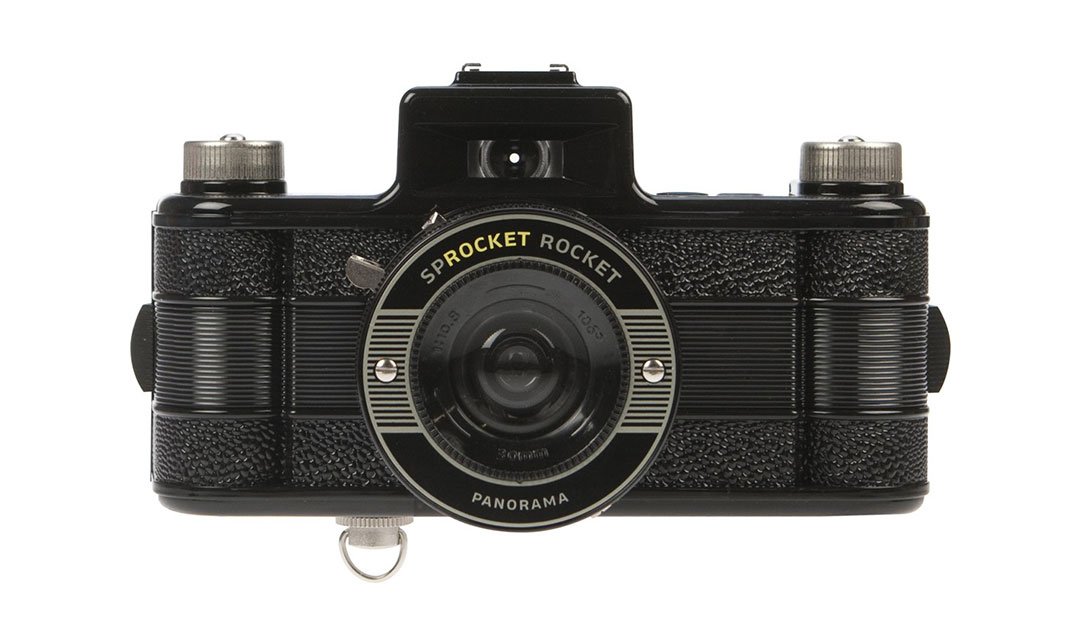
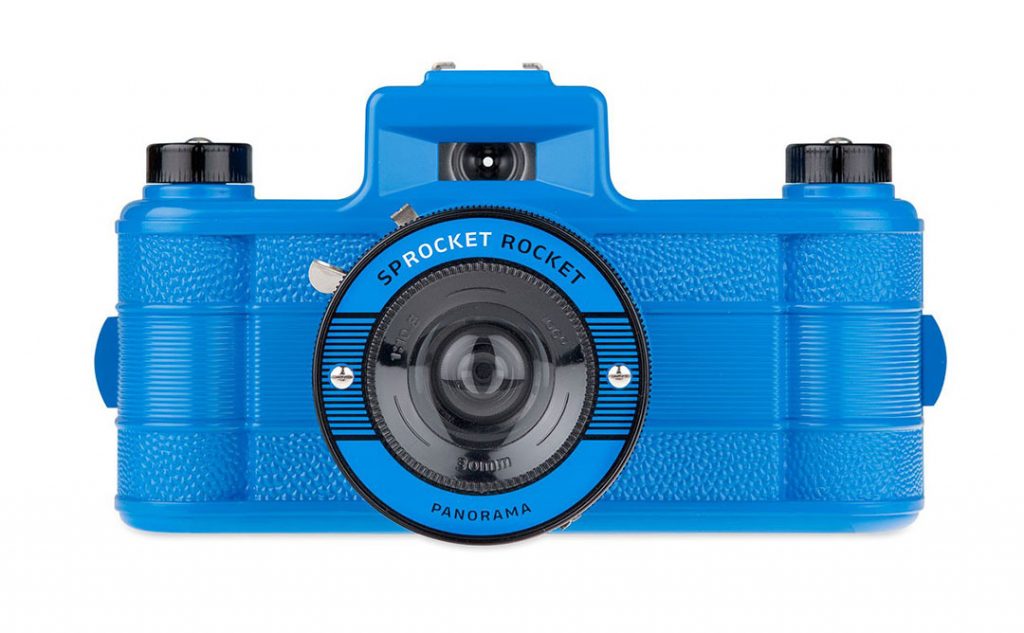
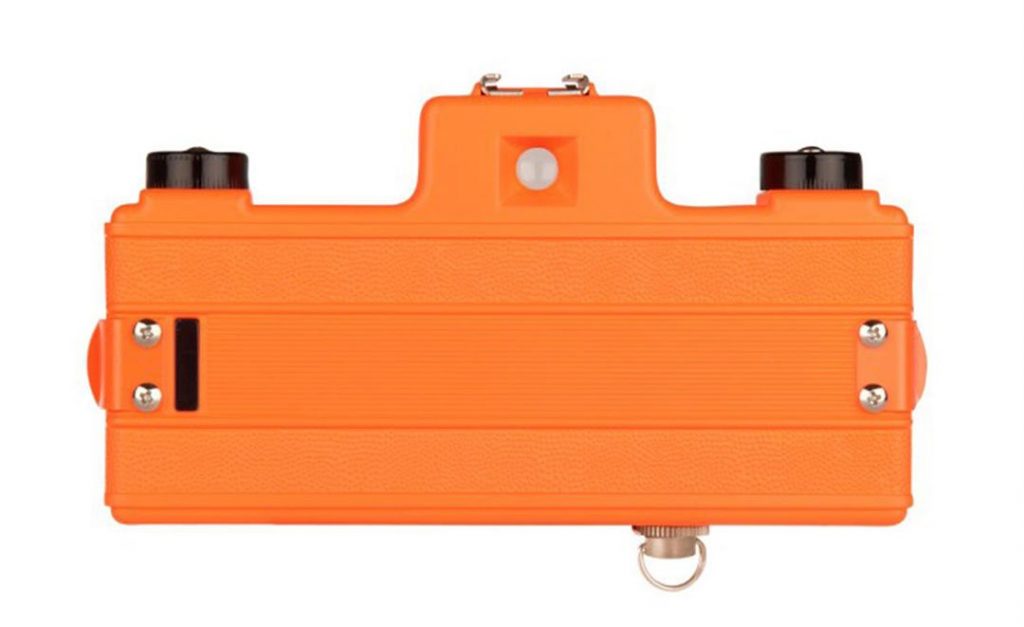
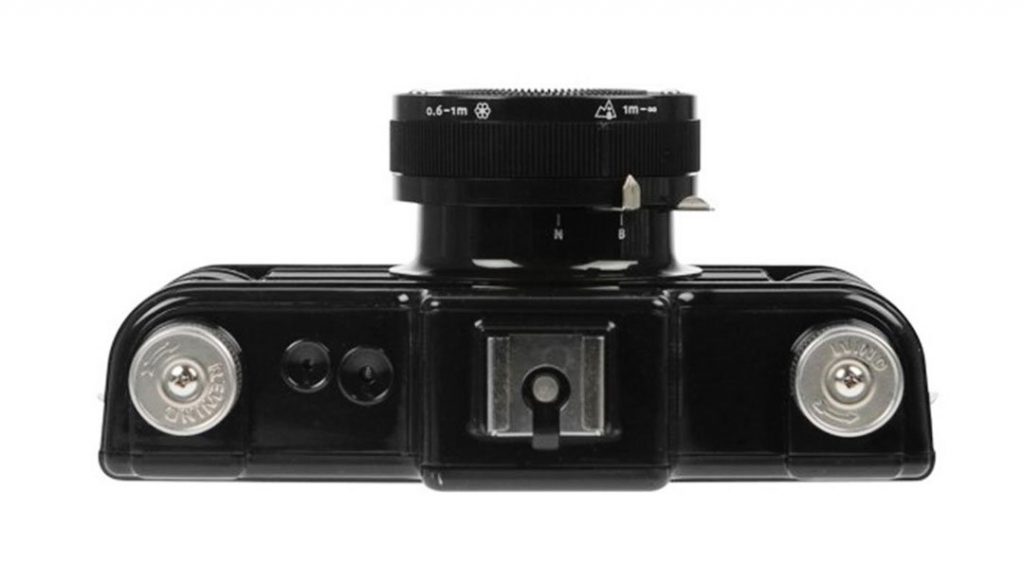
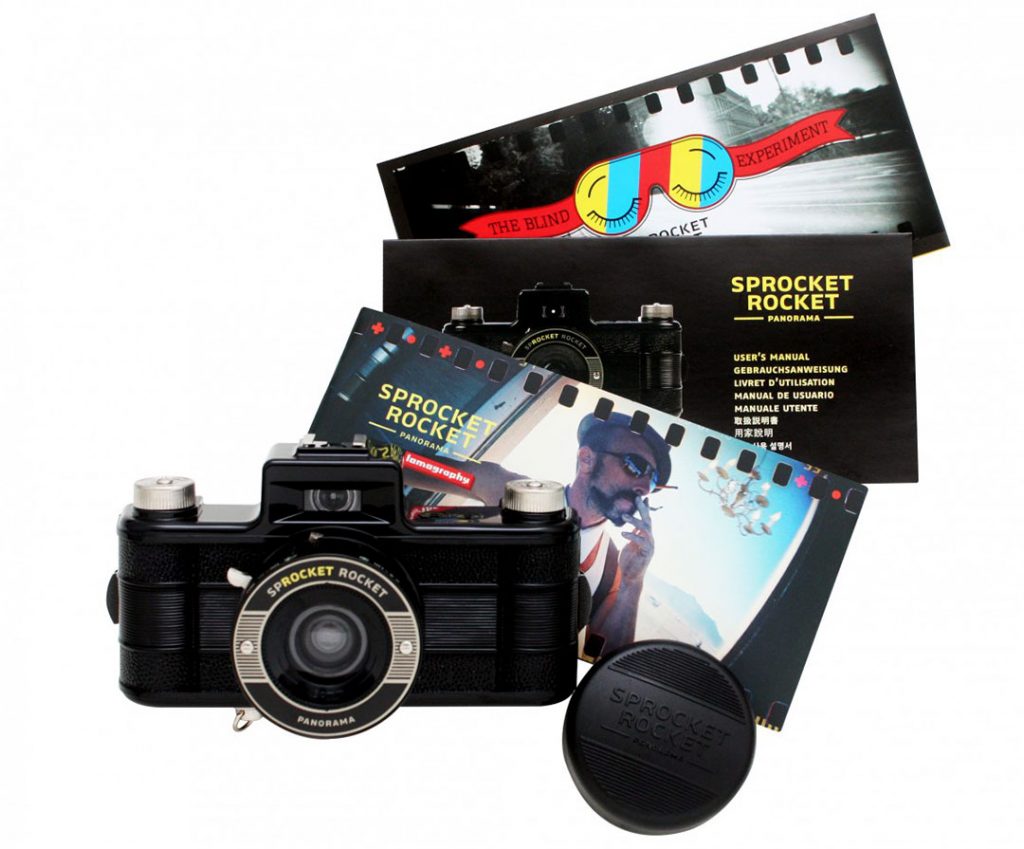
Hey! Was just thinking about reaching out and showing some new work on here. This looks like an interesting camera. Might have to give one a try for something different, it could be a fun side project actually. In the meantime I’m working on something new and sticking with the xPan.
Well, you know we love the X-Pan! We’re just getting back in the groove after Christmas. It sounds like a welcomed addition to start the new year. BTW, Happy Holidays and wishing a great New Year for everyone.
Federico